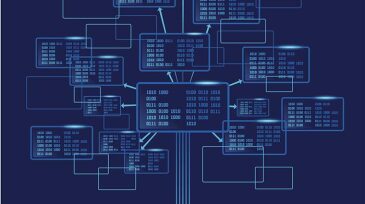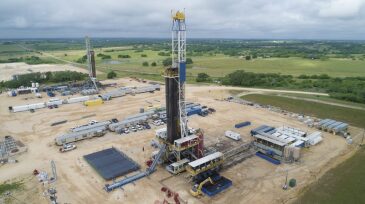Digital Transformation
Digital transformation in oil and gas depends less on adopting advanced technologies and more on maturing data so people and processes can reliably convert raw information into aligned, asset-level value.
Agentic AI can enhance subsurface workflows when its autonomy is deliberately designed around physics, data integrity, and accountable decision-making through architectures that separate reasoning, computation, interpretation, and validation.
Mark your calendars for the first SPE Live featuring the 2025 TWA Energy Influencers.
-
As current sources of competitive advantage erode and new ones emerge, perhaps the only constant in a highly uncertain world is the criticality of good talent for success. Upskilling the workforce for analytics, therefore, needs to be a one of the top priorities as we sail unchartered waters.
-
If you have used the random forest algorithm, then you already have used the Ensemble Machine Learning (EML) method, probably without realizing it. This article will explain, in very simple terms, the principle behind this relatively new ML paradigm.
-
Greg Leveille said he is optimistic that the shale sector will be able to bounce back from its second downturn in 5 years. The trick this time, he says, will be not just investing in new digital technologies but putting them to work.
-
While the façade painted by IIoT and data-driven processes is one of an environment that is heavily guided by computers, it actually calls for an evolved workforce that is able to use the data to enhance design and decision-making skills.
-
The Offshore Technology Conference was cancelled for the first time ever due to the COVID-19 pandemic. But the flow of ideas continues. As proof, this curated summary of technical papers highlights unique concepts that might someday reduce the offshore sector’s heavy cost burdens.
-
The Internet giant is walking away from the exploraiton and production business following a report that claimed it was undermining its own climate initiatives by offering its machine-learning tools.
-
Water-in-oil emulsions cost millions in maintenance, reduce oil recovery, and create excess carbon. These economic and environmental burdens may finally be resolved.
-
Alan Nelson is not only the new chief technology officer at ADNOC, he is the company’s first person to hold the title at the integrated oil company.
-
With new options for connectivity, and the growing popularity of LTE connections, there is a huge opportunity for remote connections to close the digitalization gap.
-
Shell has partnered with Udacity to provide its staff training in artificial intelligence.













